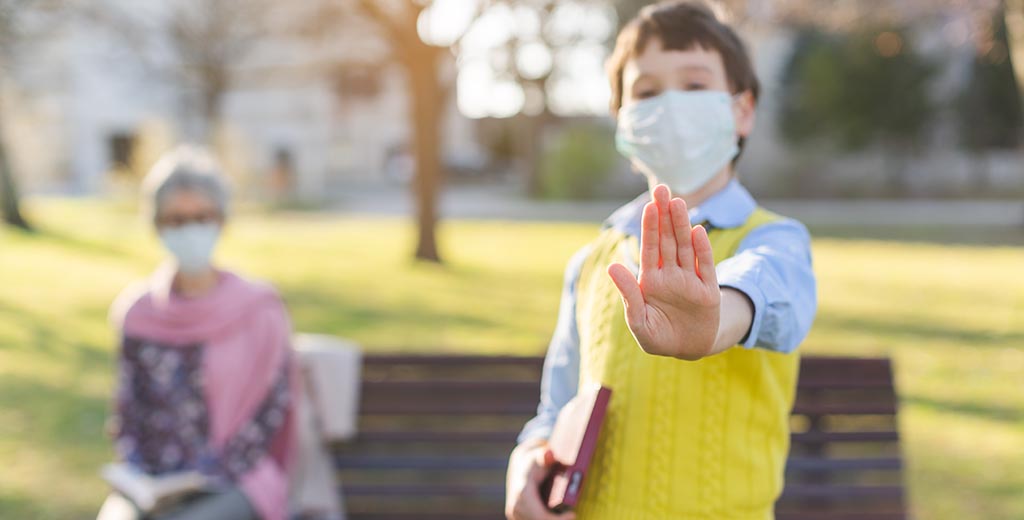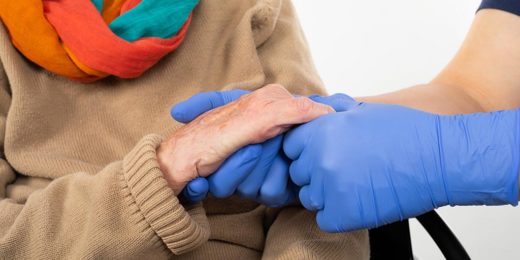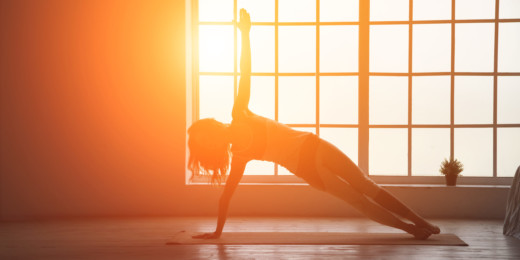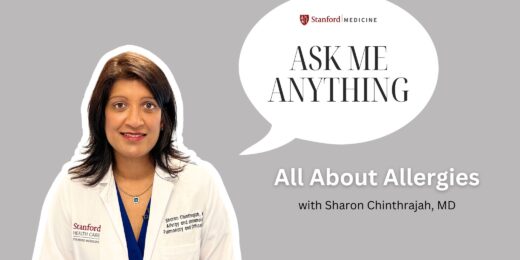Cities, counties and states have lifted some of the restrictions enacted to avoid spreading the coronavirus; however, the risk of falling ill with COVID-19 -- or transmitting it to others -- remains very real.
While public health experts continue to encourage everyone to keep up the social distancing and hand washing, and to stay home at any sign of sickness, they now have additional insights about how people can best protect themselves and others.
I caught up with Megan Mahoney, MD -- Stanford Health Care's chief of staff and a Stanford Medicine professor of primary care and population health -- to learn more about practices that can keep everyone safer during reopening.
Should I wear a mask when I'm outside my home? What kind of mask is best?
Yes -- we need to rely on each other to keep us all safe. Cloth masks and surgical masks are designed to protect others from the wearer of the mask. When we all wear these masks, I protect you and you protect me.
Cloth masks should have at least two layers of fabric, and tightly woven fabric is best. Surgical masks protect better than cloth masks -- they have an electrostatic charge that helps capture more particles -- and they provide some protection to the person wearing the mask. Unlike early in the pandemic, they're now readily available and inexpensive.
Face shields are becoming more commonplace and offer some advantages: They can be reused and are easily cleaned with soap and water or common household disinfectants.
Does it make sense to get tested even if I have no symptoms? What about an antibody test?
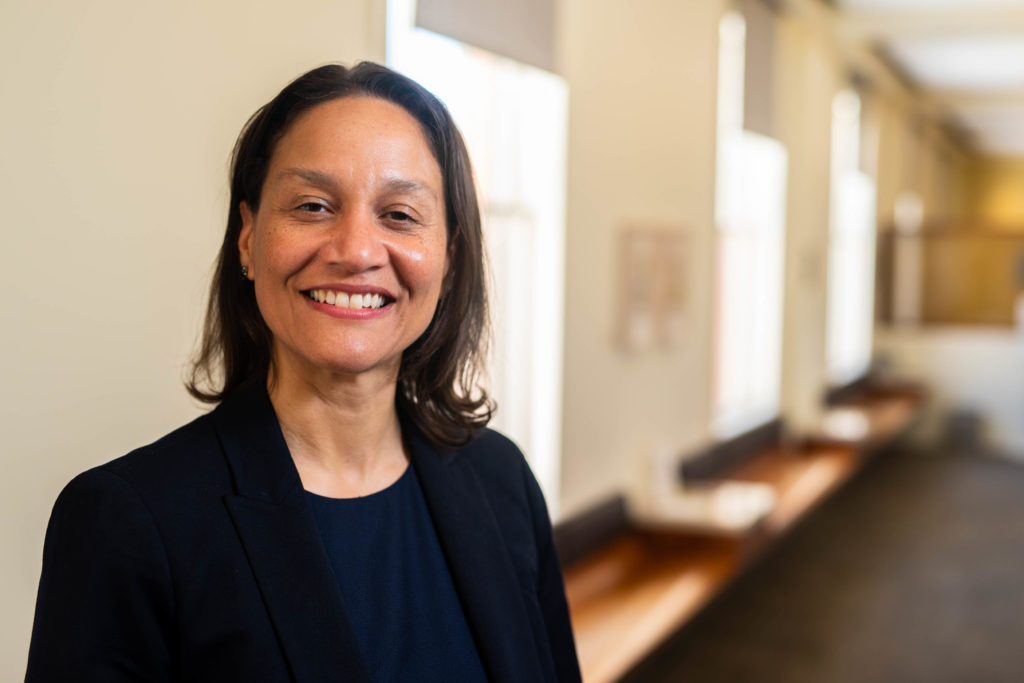
If coronavirus testing is available in your area, it's good to know personally if you are transmitting the disease. But there's a societal benefit as well: Epidemiologists get data that's very helpful in understanding the prevalence of the disease, in knowing how quickly to open up and rebuild our economy.
As for the antibody test, which checks whether you've been exposed and have developed antibodies, you need to be aware that even the most accurate antibody test can provide a false positive. We also don't know if having antibodies means that you're immune to COVID-19. If you are thinking about getting an antibody test, it is important to combine it with a viral test.
Is it better to be outdoors?
Socializing outside will dramatically reduce the risk of transmission. The wind disperses the virus. Data from Wuhan, China, (where the virus originated) indicate that transmission rarely occurs outdoors.
If you're going to a restaurant, eat outside if you can. If you visit with family members or friends, it's best to be in a backyard or at a park.
Is it safe to get on an airplane?
I wouldn't prioritize air travel for pleasure or non-essential business. On that note, I wouldn't attend a convention or conference that was held indoors. If you have to fly, wear a mask, of course, and bring disinfecting wipes.
Is it necessary to disinfect items that we bring into our homes?
We've all heard about the study showing the virus can survive on surfaces for as long as three days. But from an epidemiological standpoint, it looks as though the virus is extremely unlikely to spread through this kind of contact. If you want to, for peace of mind, you can wipe down packages with a household cleaner or disinfectant.
Top photo by Anna Shvets. Middle photo by Steve Fisch.


